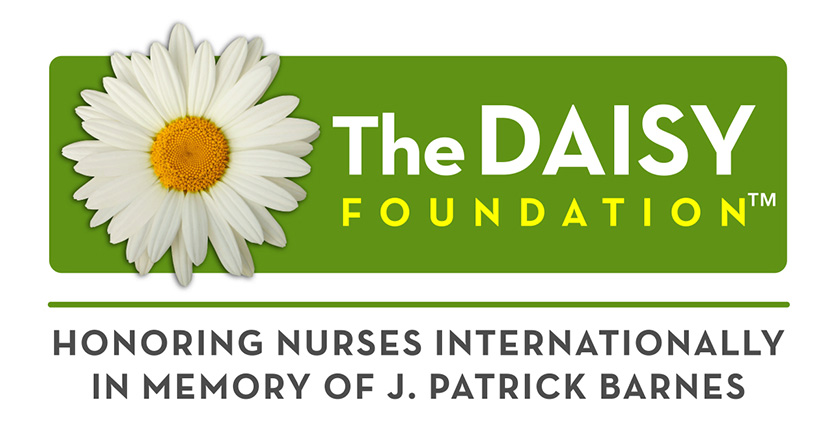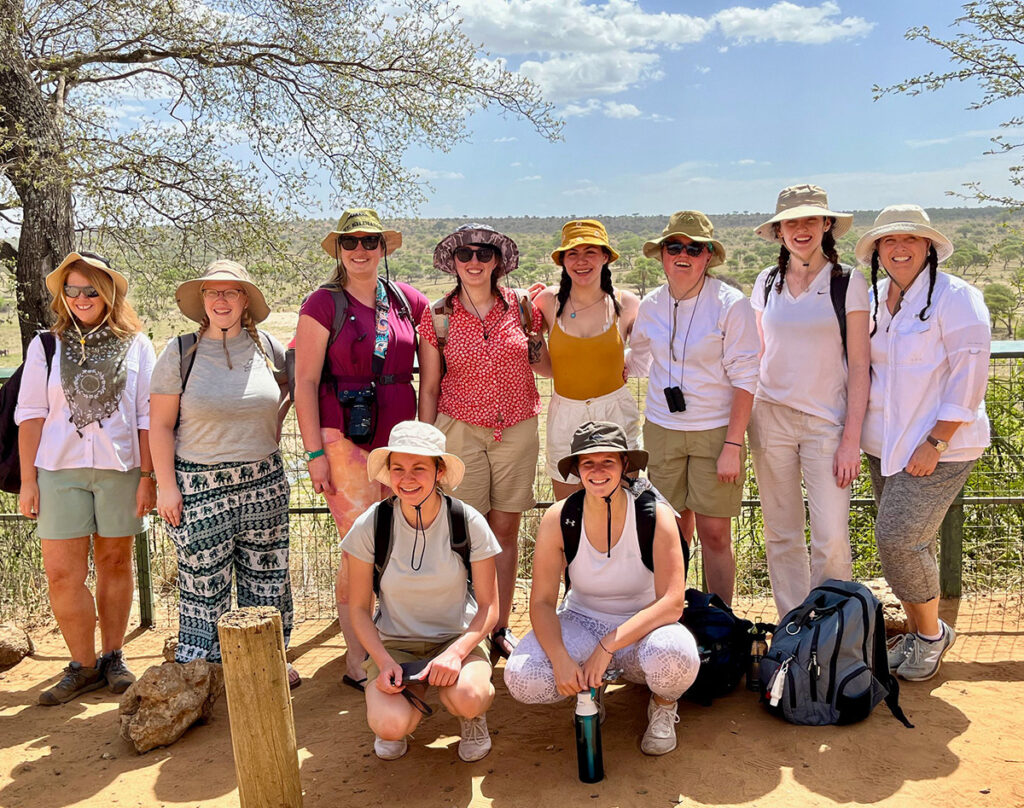Advocacy & Activities
Career Opportunities
Your nursing degree from Cedar Crest College gives you the foundation to pursue an advanced degree and specialize in a number of areas, including specialization as a nurse practitioner, nurse anesthetist, nurse midwife and other paths. Nurses also enter the fields of quality assurance, communications, product management and marketing/sales.
Clubs & Organizations
The purposes of the nursing honor society are to recognize superior achievement and the development of leadership qualities, to foster high professional standards, to encourage creative work and to strengthen commitment to the ideas and purposes of the nursing profession.
At Cedar Crest College, nursing students have the opportunity to be involved in a variety of student clubs and organizations that foster professional development, leadership, and a commitment to service.
The DAISY Foundation

An acronym for Diseases Attacking the Immune System, The DAISY Foundation was established in 1999 in memory of J. Patrick Barnes who died (at the age of 33) from complications of the auto-immune disease Idiopathic Thrombocytopenic Purpura (ITP). Patrick’s family was very touched by the remarkable compassion and clinical skill demonstrated by Patrick’s nurses during his illness, so they created DAISY to recognize exceptional nurses everywhere.
Global Connections

Global nursing is an eye-opening experience that helps you appreciate cultural differences, explore other kinds of health care systems, and see how your own beliefs and values impact your caregiving. Cedar Crest offers many global nursing opportunities. You can spend a few weeks in rural Belize caring for village residents, study at partner nursing schools in Sweden or Tanzania, and get to know international students on the Cedar Crest campus. A global perspective is important for nurses in our multicultural society, and it’s also considered a strong component of leadership.
